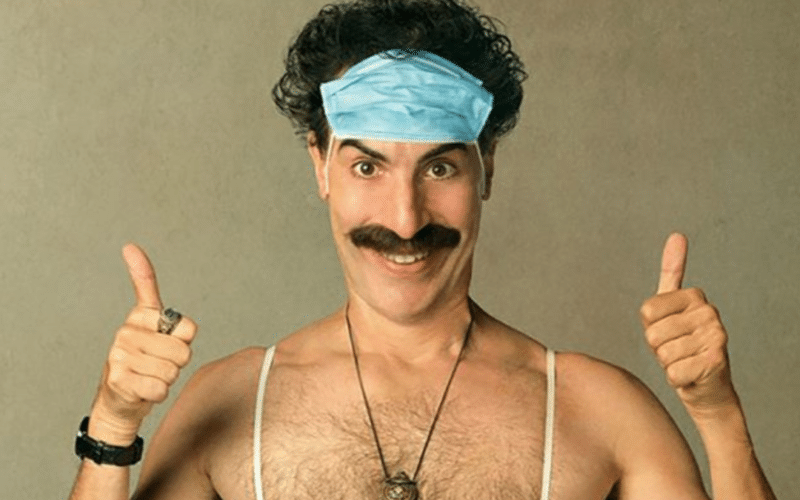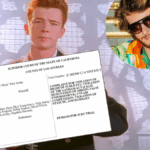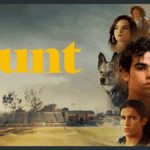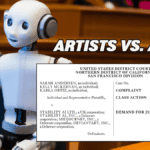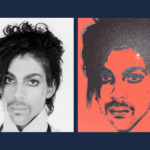The actor, who claims he’s never used cannabis in his life, objects to Solar Therapeutics’ unpermitted use of both the copyrighted Borat character and his own likeness.
Coming on the heels of Stuttering John’s unsuccessful claim against SiriusXM, here’s a new copyright/right of publicity combo lawsuit that (like Borat himself) should actually have decent legs. “Borat” star Sacha Baron Cohen and his company, Please You Can Touch LLC (PYCT), today filed a complaint against Massachusetts-based cannabis company Solar Therapeutics, Inc. and its president arising out of the following billboard:
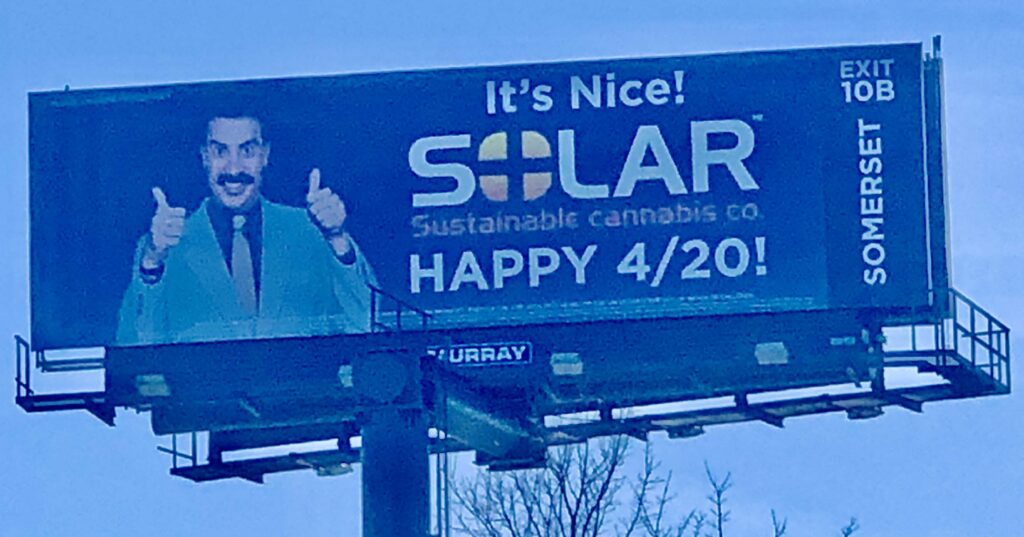
The billboard features Baron Cohen as Borat, with two thumbs up, accompanied by the Borat catchphrase “it’s nice”—all appearing next to the name of the defendants’ cannabis company.
Sacha Baron Cohen v. Solar Therapeutics
The plaintiffs contend that the billboard, which was allegedly placed on a “busy interstate highway in Massachusetts,” infringes the copyright in Baron Cohen’s “Borat” character, which is owned by PYCT. Cohen also brings a cause of action under Massachusetts’ right of publicity statute for the unpermitted use of his likeness, as well as a claim for false endorsement under section 43(a) of the federal Lanham Act. The latter claim asserts that the use of Baron Cohen’s likeness on the billboard falsely conveyed to the public that he was endorsing the defendants’ cannabis products.
In fact, according to the complaint, Baron Cohen “never has used cannabis in his life” and “has spent much of his career making a mockery of ‘stoner’ culture—a culture with the Defendants’ Billboard overtly celebrates.”
Apparently, the defendants removed the billboard within three days after receiving a demand letter from Baron-Cohen’s lawyers, but refused to compensate him for the use. Baron Cohen is now seeking $9 million in damages against the defendants. His complaint notes that he’s turned down “countless opportunities” to license his name and likeness in the United States, including in one case turning down a $4 million offer to appear in a car commercial. Baron Cohen argues that the use of his name and likeness in a cannabis advertisement (which he’d never agree to) would have commanded a much higher amount.
Woody Allen v. American Apparel
This case reminds me a lot of a lawsuit that Woody Allen successfully brought against American Apparel back in 2007. The company put up unlicensed billboards in New York and Los Angeles depicting Allen as an Orthodox Jew in a still photo taken from his movie “Annie Hall,” accompanied by Yiddish text declaring Allen “the High Rabbi.”

It was unclear what purpose was served by having Allen appear on the billboards (a point American Apparel’s CEO Dov Charney unconvincingly used to argue that it didn’t constitute advertising in the first place). But the case settled in 2009 on the eve of trial for a cool $5 million – one of the few publicly reported settlements in cases like these.
Is Baron Cohen’s Copyright Claim Preempted?
Note that in Baron Cohen’s case, he’s asserting a separate copyright claim based on the theory that the Borat character was used in addition to his own likeness. While damages may need to be apportioned between those attributable to the character and the actor, I don’t see any immediate reason why Baron Cohen and the copyright owner PYCT can’t sue under both theories here. This is not a situation, as in the “Stuttering John” case, in which the right of publicity claim was directed at the exploitation of the underlying copyrighted work itself (and was therefore preempted).
In other words, Baron Cohen isn’t seeking damages from the exploitation of “Borat.” Instead, his right of publicity claim is based upon the use of his likeness (albeit as he appears in the film) for the purpose of promoting an unrelated product and service. Therefore, while Stuttering John’s right of publicity claim was preempted, Baron Cohen’s should be good to go.
However, the copyright claim may ultimately fail for another, different reason: Baron Cohen’s complaint doesn’t appear to claim that the copyright in any particular “Borat” work has been infringed, as opposed to the overall character itself. (The copyright registrations referenced in the complaint are from various episodes of “Da Ali G Show,” in which Borat first appeared.) To the extent PYCT doesn’t own a copyright in the particular image used on the billboard, the company would be left to argue that the Borat character has sufficiently delineated attributes to afford it protection independent of any particular work in which it may appear. Historically, such character protection has been reserved for relatively few characters with highly distinctive and persistent traits across projects (think James Bond, Batman and Godzilla).
A copy of the complaint is below. I’ll keep you posted on whether it turns out to be a Very Nice Great Success:
View Fullscreen